Sanatana Dharma - Part 2: Aparigraha or Being Non-Possessive
Today’s topic is possessiveness and how to overcome it. How to be non-possessive? In exploring the nature of this tendency I hope to offer some tools to sublimate this rather unwholesome trait.
In Sanskrit the term for non-possessiveness is ‘aparigraha’ and it is seen as an essential prerequisite in order to progress to the deeper levels of refining ones being.
In contemporary time as in ancient times, if one is not free enough from the taint of being possessive one is not able to embark on the life of a sanyasi or renunciate in India. Indeed the very meaning of this Sankrit term for a prospective monk implies one has renounced worldly enjoyment.
Even though one may give up the worldly pursuit for pleasure it does not mean one gives up pleasure. In fact one attains to true lasting pleasure in the form of a bliss that is unwavering in the face of external changes. It is a joy that is not dependent on something that can come and go.
Not only does one genuinely have to have this serene unattached quality to undertake such a life, but if one were to force this and try to live an ashram life without this quality the guru would usually tell the prospect to wait or go back to family or householder life. This is not to say that a householder cannot live a pure life too. The Path is open to anyone with determination to attain mastery over oneself.
In today’s world the value of one’s life is often determined by how much money or possessions one has. In short the overly consuming emphasis on material gains. With this materialism one focuses too much on the physical at the expense of more valuable experiences and a more stable state of being.
One can never be truly stable while running around after that witch constantly changes. Thinking that something outside me will bring lasting happiness and fulfillment is a major delusion of modern society.
The transient trinkets of worldly endeavor are nought compared to the infinite fulfillment that comes from realizing that your very being was the infinite source for lasting satisfaction, of true peace all along.
I met a Swami (monk) while in India at AIMS charitable hospital created by the Mata Amritanadamayi Math (ashram) inspired by Amma. His name was Swamiji Paramatmananda.
Bellow is a short except form a spiritual talk, or satsang in Sanskrit , that he gave on this topic:
The wave of materialism has steadily built up speed and breadth over the past century, particularly after both World Wars as industry and technology exploded. Right now it is like a Tsunami wave that has crashed over the mass populace. Everyone is running here and there in search of fame and fortune.
I say fame as well not just as a cliché, but also because it is not just physical possessiveness that eats away at ones peace. I can equally be lost in a psychological possessiveness searching for fame and renown among others. Indeed it is in the mind where such a quality arises to begin with, no matter its ultimate expression.
I may spend my life vainly trying to see seek the acceptance and approval of another person or group. Oftentimes this strong form of mental slavery is hardest to acknowledge. Furthermore, what I am not aware of as being unwholesome cannot be countered. In fact, many may see such pursuits as worthwhile.
Here is a Tweet from Pope Francis that expresses how many have lost sight of what is really important:

I take God to mean our very own nature, seen when all the negativity has been dispelled. Aparigraha is certainly a dark cloud that prevents the sun-like nature of ourselves from shinning through. Being aware and attentive enough to observe how it manifests in ones experience is to be able to catch it before it fully manifests and consumes us.
Instead what we need is a unlimited form of fulfillment:
Really it is the struggle that one is addicted to and not the end goal. As many once they have achieved recognition often remark how vacuous and unreal fame truly is. So really, whether aware of it or not, it is the struggle involved in the daily grind that was the goal and not really the imagined outcome.
This psychological aspect of possessiveness is inseparable from the physical in a way, as body and mind are really one experience. Although both can be used as entry points to change ones habits.
However, if the mind is particularly unruly then it is easier to purify the mind indirectly via physical means. To confront the mind head on in silent meditation can often be felt as a futile experience, as the negative attitude of the mind stems from the accumulation of tension in an individual’s physical being. This topic I have dedicated an entire series to. So I shall not discuss it further here.
Please see: https://steemit.com/life/@onesunbeingnow/yin-yoga-a-precursive-essay-to-a-practical-series
In closing, I once heard these lines resound loudly in my mind:
There is no coming and no going. There is nothing to gain and nothing to lose.
The latter part is pertinent right now. The Buddha said something similar:
When it is seen as simply as this, when I can really know that its as simple as letting go enough, then the worthwhile challenge of becoming non-possessive becomes a lot easier for sure.

I know I still have a long way to go, but I also know so long as I always look for chances to practice this I will one day be able to renounce everything like the mystic Yogis of legend hahaha...thank you for reading :)
I hope you enjoyed reading this article and if you would like to join me in future posts then be sure to Follow me @onesunbeingnow
Also if you would like to read Part 1 to this series then you can do so here: https://steemit.com/philosophy/@onesunbeingnow/sanatana-dharma-eternal-religion-part-1-an-introduction-to-spiritual-thought-and-practices

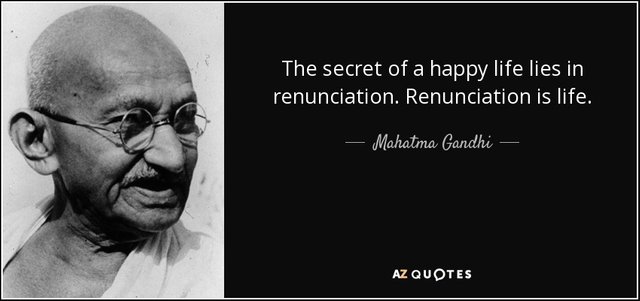
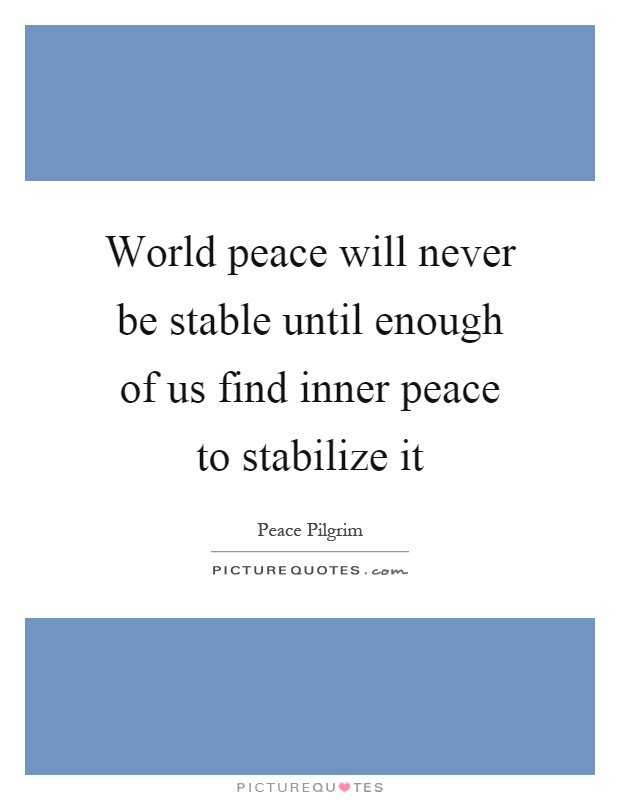
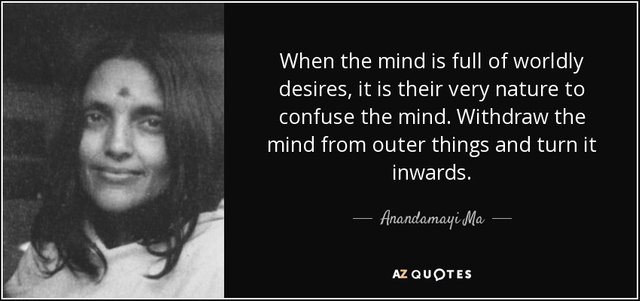
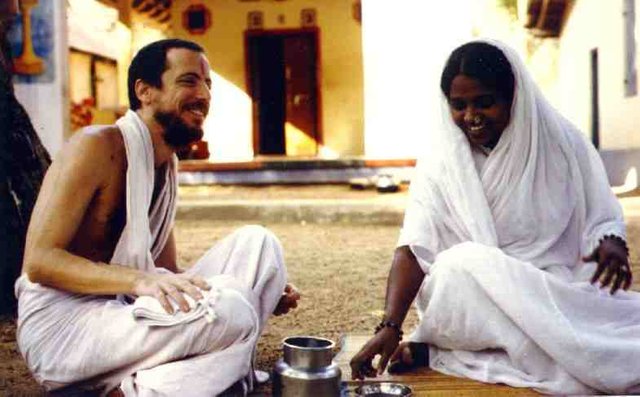
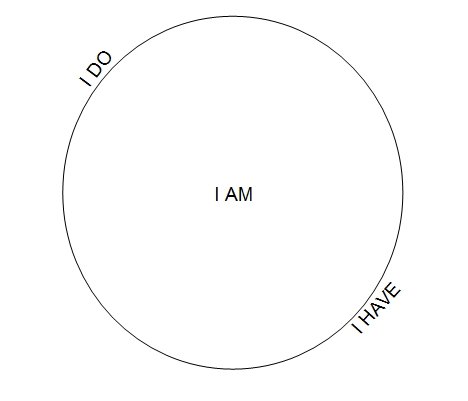
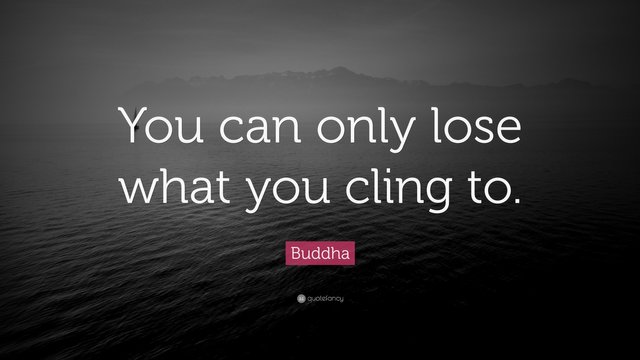
I appreciate that you're using the word sanatana dharma instead of the more used "hinduism" which is just a western creation.
Great post, following :)
Yes. A universal term is needed for a universal process.